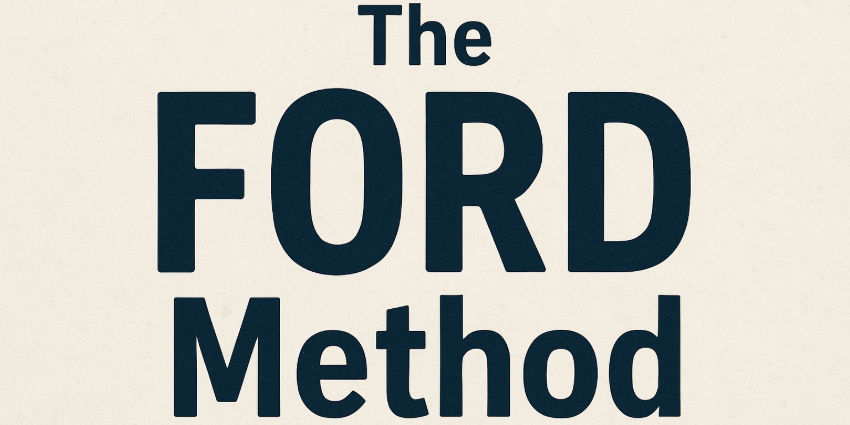A big THANK YOU to so many of you who responded to last Friday’s Thought Partner on “Assessing Wealth”. I always love hearing from you, and your thoughtful responses were not only reaffirming to read, but still have me thinking and pondering. If you missed last week’s message, you can find it here.
From your responses, I learned that several of you are not necessarily looking forward to social gatherings this upcoming holiday season for several reasons, but the bulk of which can be whittled down to having to make small talk or light conversation either with those you don’t know well, or possibly know too well, and would like to focus your conversations on lighter topics – steering clear of what I call the BIG THREE potholes – Politics, Religion, and Money.
I heard you, and thank you for bringing your thoughts to me. Social networking and family gatherings can be wrought with anxiety and awkwardness for many folks, myself included. You may not believe this, but I loathe small talk. I’m not good at it and I don’t enjoy it. My number three CliftonStrength is Relator, which means I enjoy deep relationships, not cursory ones. Hence, my lack of Woo, which appears at the very bottom of my CliftonStrengths Profile. (If any of that intrigued you, contact me and we’ll discuss CliftonStrengths for you or your team – it’s a leadership and personal game changer.)
Back on topic…Given that engaging in small talk in certain settings may not be everyone’s quintessential strength, I’d like to introduce you to a conversational framework called The FORD Method in hopes that learning this construct can ease some future discomfort.
What is The Ford Method?
FORD stands for the four big topics of small talk – Family, Occupation, Recreation, and Dreams – and remembering this acronym can help you create questions that keep the proverbial conversational balls rolling.
How Do You Use The Ford Method?
Consider the FORD topics as a bridge or a means to begin and sustain a conversation. For example, when searching for a place to start,
- Family – Do you have any siblings? Do you have family in the area? How do the two of you know each other? (if meeting more than one person at a time). Then use those responses to add some flavor about yourself to make a connection with their response.
- Occupation – How do you spend the majority of your day? What made you interested in that field? Does that require you to travel? Then make a connection to a place you’ve been or something you’re working on.
- Recreation – If their occupation sounds stressful or heavy, move on to What do you like to do for fun? What are you watching or reading now? What’s on the docket for weekend plans?
- Dreams – Take what they may have given you about their recreation and add another layer to it with something like “I can see how waterskiing is liberating and exciting, I wish I wasn’t scared of the open water.” Or, Where is your next scheduled trip? Would you ever consider trying….(hobby or activity)?
Although The FORD Method is simple to remember, it’s just four words; the key is not to become an interviewer. No one wants to be interviewed at a social function.
And for goodness’ sake, try your best not to bore yourself. If you’re bored, so are they.
You’re there anyway, you might as well make it a fun game for yourself.
- How much can you learn about people?
- How many things do you have in common with someone?
- Can you leave with some decent Netflix recommendations or some new books for your shelf?
- What new restaurants are in town that you can leave this event early and go try (😉)?
I can’t wait to hear about your experiments over the next couple of months!


